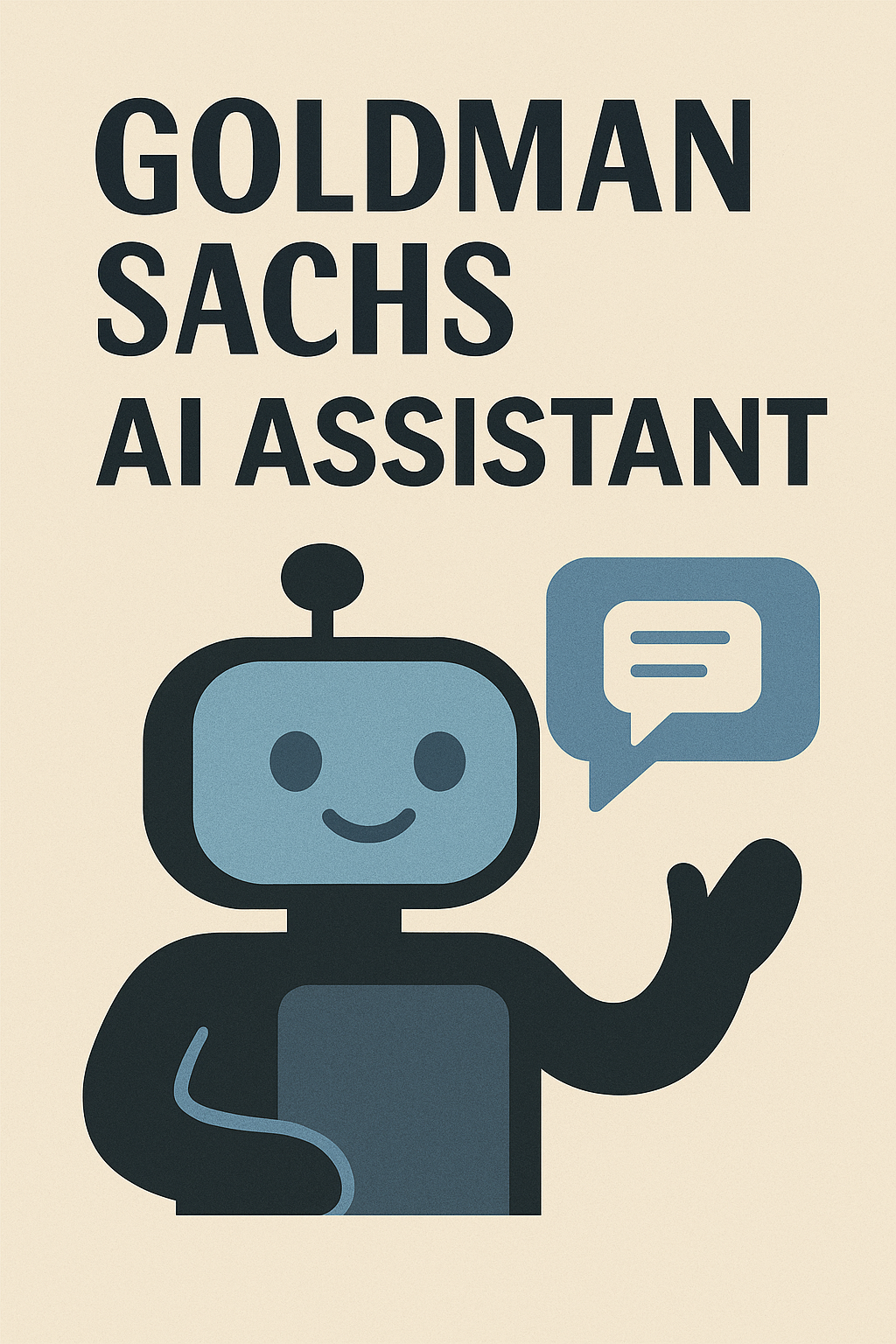Look, we need to talk about artificial intelligence. Not in that breathless, “the robots are coming” way that tech bros love, and not in the “AI will solve world hunger” fantasy either. We need to talk about what’s actually happening right now, today, while most of us are just trying to figure out if ChatGPT wrote our kid’s homework.
Here’s the thing: AI development has been like watching a bunch of billionaires race supercars through a residential neighborhood. Sure, the cars are impressive. Sure, they’re going really fast. But nobody asked the people living on that street if they wanted a racetrack in their front yard.
That’s changing. Or at least, ten major philanthropic foundations are betting half a billion dollars that it can change.
The $500 Million Wake-Up Call
A coalition of philanthropic leaders recently announced Humanity AI, a $500 million five-year initiative dedicated to making sure people have a stake in the future of artificial intelligence. Think about that for a second. Half a billion dollars. Not to build faster AI, or smarter AI, or more profitable AI. But to make sure AI actually works for regular people instead of just tech company shareholders.
MacArthur Foundation President John Palfrey put it simply: “Every day, people learn more about the ways AI is impacting their lives, and it can often feel like this technology is happening to us rather than with us and for us”.
That’s not just corporate speak. That’s the reality for millions of people who’ve had their job applications rejected by algorithms they’ll never understand, or watched AI-generated slop flood their kids’ YouTube feeds, or tried to figure out why their insurance claim was denied by a “system” with no human accountability.
The coalition launched on Tuesday and calls themselves Humanity AI, with ten philanthropic foundations committing funds across the next five years to place human interests at the forefront of artificial intelligence’s rapid integration into daily life.
Who’s Actually Behind This?
The effort is led by the MacArthur Foundation and Omidyar Network, and includes other major organizations like the Doris Duke Foundation and the Ford Foundation. These aren’t fly-by-night operations. These are the same foundations that have been funding civil rights work, environmental protection, and public health initiatives for decades.
The timing matters too. This coalition is launching now specifically to loosen the grip that AI’s moneyed developers, fueled by an investing frenzy, hold over the technology’s evolution. Translation: They’re tired of watching tech companies set all the rules for a technology that’s reshaping society.
And honestly? It’s about time someone with deep pockets decided to push back.
What “People-Centered AI” Actually Means
Let’s cut through the jargon for a minute. What does it mean to put “people and the planet first” when we’re talking about AI?
As one advocate put it: “I don’t want my life to be efficient. I want my life to flourish. I want it to feel rich and robust and healthy and safe”. That quote hits different when you think about what AI companies are actually selling us. Efficiency. Optimization. Automation. All great buzzwords, but nobody wakes up in the morning thinking “I hope today is really efficient.”
We want technology that makes our lives better, not just faster. We want AI that helps teachers teach, not replaces them with chatbots. We want healthcare algorithms that catch diseases early, not insurance systems that deny claims more effectively. We want creative tools that amplify human artistry, not flood galleries with generated slop that devalues real artists.
Here’s what people-centered AI looks like in practice:
Transparency that matters. Not a 47-page terms of service written by lawyers, but actual explanations of how AI systems make decisions that affect your life. If an algorithm denies your mortgage application, you should know why. If AI is being used to screen job applications at a company you’re applying to, you should know what it’s looking for.
Real accountability. When AI screws up (and it will, because it’s built by humans and trained on human-created data), there needs to be a way to fix it and a person responsible for fixing it. “The algorithm made that decision” can’t be an excuse anymore.
Communities having a say. The people most affected by AI deployment should have input before it gets rolled out. That means teachers weighing in on AI in schools, workers having a voice when AI is introduced to their workplace, and communities getting consulted before surveillance technology shows up in their neighborhoods.
Protection for the vulnerable. AI systems have shown bias against people of color, women, elderly people, and other marginalized groups. That’s not some unfortunate bug—it’s a feature of training AI on data from an unequal society. People-centered AI means actively working to prevent these harms, not just shrugging and saying “well, the data is the data.”
Why This Is Different From Silicon Valley’s Version
You know what Silicon Valley’s version of “ethical AI” looks like? A blog post. Maybe a principles document. Possibly an ethics board that gets disbanded when it becomes inconvenient. Definitely a lot of talk about “responsible innovation” that somehow never slows down the race to ship new products.
Humanity AI is taking a different approach by resourcing technologists, researchers, and advocates who are united by a shared vision of ensuring AI is a force for good, putting people and the planet first.
See the difference? They’re not asking tech companies to pretty please consider ethics. They’re funding the people who can build alternatives, conduct independent research, advocate for policy changes, and create technologies that don’t treat humans as resources to be optimized.
This is about shifting power. Right now, a handful of companies control AI development. They decide what problems AI will solve, how it will solve them, and who benefits. They’re making trillion-dollar bets using training data scraped from the internet without permission, burning enough electricity to power small countries, and making decisions that affect billions of people.
The Humanity AI coalition is betting that with enough resources, the people who’ve been locked out of these decisions can build something better.
The Real Challenges Ahead
Let’s be honest: $500 million sounds like a lot of money until you remember that Microsoft, Google, Amazon, and others are investing hundreds of billions in AI. This isn’t David versus Goliath. This is David versus several Goliaths who’ve merged into a super-Goliath with infinite money and their own power plants.
But here’s the thing about concentrated power: it’s brittle. Tech companies are good at moving fast and breaking things, but they’re terrible at the slow, patient work of actually serving communities. They optimize for scale and profit, which means they build one-size-fits-all solutions that work great for their engineers in San Francisco and not so great for everyone else.
Community-centered approaches take longer. They’re messier. They require actually listening to people, incorporating feedback, and sometimes admitting you got it wrong. But they also create technology that people actually want to use, that solves real problems, and that doesn’t generate a backlash.
The challenge for Humanity AI is making sure this doesn’t just become another foundation program that funds a bunch of reports nobody reads. They need to fund:
Builders, not just researchers. The world doesn’t need another white paper on algorithmic bias. It needs actual tools and platforms that work differently.
Movement infrastructure, not just projects. One-off grants are nice, but sustained change requires organizations that can keep pushing for years.
Legal and policy advocacy. Because all the good technology in the world won’t matter if the rules are still written by and for big tech companies.
Global perspectives. AI’s impacts are global, but most AI development happens in a few wealthy countries. That needs to change.
What This Means For You
Maybe you’re reading this thinking “this is all very interesting, but what does it mean for me?” Fair question.
Here’s the truth: The AI revolution isn’t coming. It’s here. It’s already changing how you get hired, how you’re treated by customer service, what your kids learn in school, and whether your insurance claim gets approved. The question isn’t whether AI will affect your life—it already does. The question is whether you’ll have any say in how.
The Humanity AI initiative is a bet that regular people, communities, and civil society organizations can shape this technology instead of just accepting whatever Silicon Valley builds. But that only works if people actually get involved.
So pay attention to AI policy in your city and state. Ask questions when companies or schools want to deploy AI systems. Support organizations working on these issues. And when you see AI being used in ways that don’t serve people’s interests, say something.
Because here’s the dirty secret about AI: It’s not actually artificial intelligence. It’s automated computation trained on human-created data and deployed according to human priorities. Every AI system reflects choices made by people. And if we want those choices to reflect our values and serve our interests, we need to be part of making them.
The Bottom Line
Half a billion dollars won’t solve all of AI’s problems. It won’t slow down tech companies racing to build ever-larger models. It won’t automatically make AI systems fair, transparent, or accountable.
But it’s a start. It’s a signal that not everyone agrees with Silicon Valley’s vision of an AI-powered future. It’s resources for people who’ve been trying to sound the alarm and build alternatives without support. And it’s a reminder that technology doesn’t just happen to us—it’s shaped by choices, investments, and priorities.
The goal is supporting people united by a shared vision of ensuring AI is a force for good. Not a force for efficiency. Not a force for profit. A force for good.
That might sound naive in an industry where companies routinely use words like “democratizing” and “empowering” while building systems that concentrate power and replace human judgment with automated systems. But somebody has to push back. Somebody has to invest in the alternative. Somebody has to fight for technology that actually serves people.
Now we’ll see if half a billion dollars and five years is enough to change the trajectory of the most transformative technology since the internet. My money’s on the people who think AI should work for us, not the other way around.
But then again, I’m biased. I don’t want my life to be efficient either. I want it to flourish.



